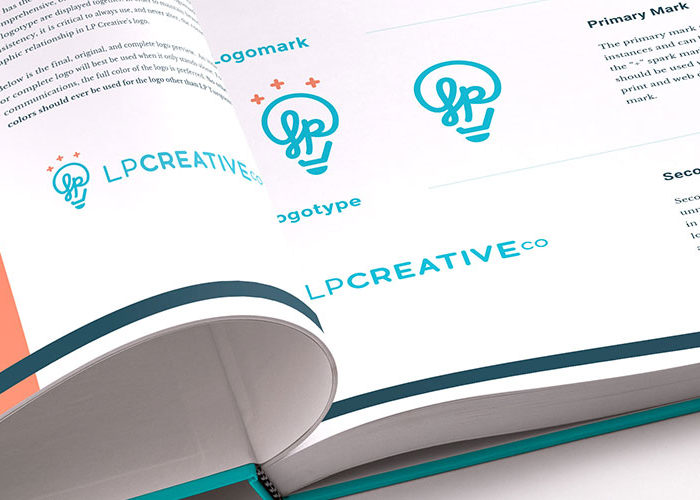Fans of classic literature are sure to remember Juliet’s legendary musing, “What’s in a name? That which we call a rose by any other name would smell as sweet,” from “Romeo and Juliet.” While Juliet may not have cared that her lover’s last name was Montague, what companies are named and their brand strategies really do matter when it comes to building a brand.
No matter how big or small or old or new your business is, branding is vital. It doesn’t even matter if you sell directly to consumers or other businesses. Branding is the key to success in the short- and long-term, and at every point in between.
What’s in a Brand?
Just like Juliet pondered what’s in a name, you may be curious about what’s in a brand. The short, easy answer to that question is “everything.”
Your brand is the equivalent of the promise you make to your clients and prospects. Your brand tells people exactly what they can expect when they buy your goods or services. Your brand distinguishes your company from its competition. Your brand establishes trust and credibility because it’s what consumers interact with on a daily basis. Every webpage you create, every social media post you share, and everything else that represents or “speaks” on behalf of your organization needs to communicate your brand.
Defining Your Brand
Now that you have a clear idea of what a brand is or should be, it’s time to start building one for your organization. To build a brand, you first have to define what you want yours to be.
While you may think that sounds simple enough, it’s often a challenge. Your brand should reflect your values and your unique selling points, but they’re not enough of a foundation for your brand. To one degree or another, your brand should also be based on what the members of your target audience want and need your company to be and provide.
When you’re defining your brand, it’s a good idea to ask and answer some questions. Here are a few of the questions you should think about:
- What’s the mission or purpose of your organization?
- What benefits can consumers expect from your goods or services?
- How does the public perceive your business?
- What are the specific attributes you want people to affiliate with your organization?
Integrate Your Brand in Every Aspect of Your Organization
Once your brand is defined, you need to integrate it into every aspect of your business. Simply creating a logo and plastering it all over your packaging and letterhead won’t cut it. The greeting your employees use when they answer the phone, the clothes your staff members wear when they interact with customers, and way you sign off on emails – your brand must be integrated into every single thing.
Create a Brand Voice and Be Consistent
To build your brand even more, it’s vital for you to create a brand voice that represents your brand exactly. Your brand voice should be used in every communication you have with the public, and this applies to online and offline communications.
Just like creating a brand voice is essential to building a brand, so is being consistent. If your branding strategy and brand voice don’t align or you’re using a different voice when you use one medium compared to another, it’s likely your brand will fail in a spectacular manner.
Connect With Small Business Branding Specialists
If you’re trying to build a brand for your business, you should know that we specialize in providing SMB branding services. We’ve helped organizations across industries establish enviable brands that are instantly recognizable, and we can do the same for you.
From creating taglines, developing logos, setting brand standards, forming brand strategies and much more, we do it all at LP Creative Co. Contact our branding studio to schedule a consultation now.
Tags: Branding, Small Business
 close
close



